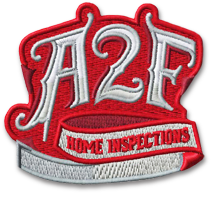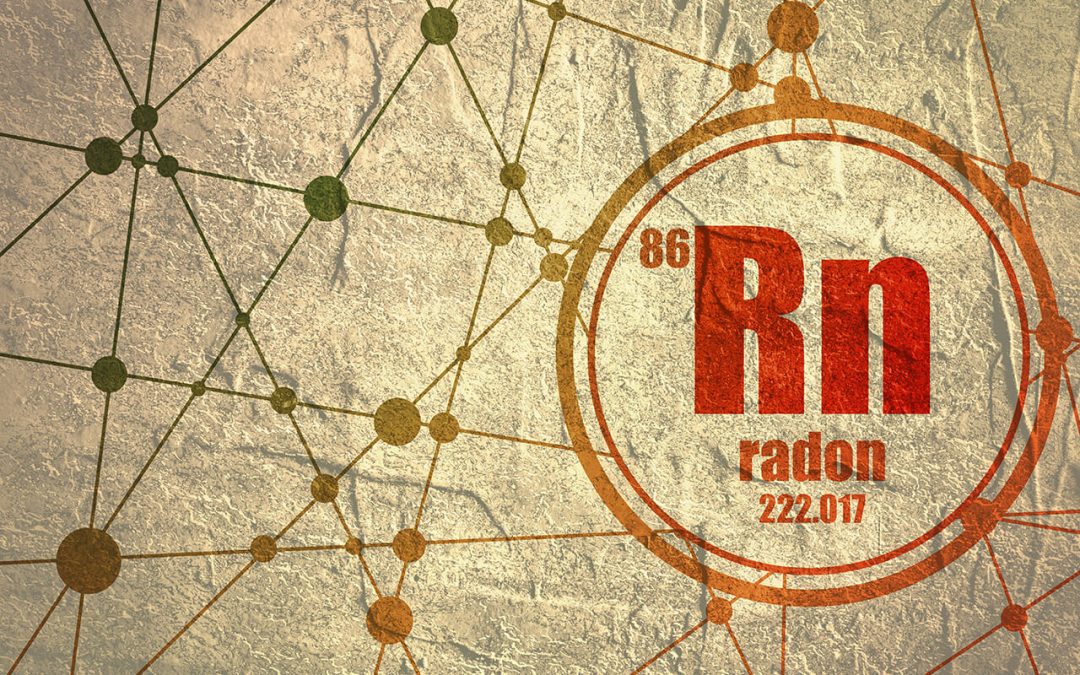Radon is an odorless and colorless gas that has negative effects on your health. Every home should be tested for radon. If high levels of radon are found, action should be taken to mitigate the radon in your home.
What Should You Do if You Find High Levels of Radon Gas in Your Home?
If you have learned that your home’s radon levels are at 4 pCi/L or higher through a professional radon test, contact a radon mitigation expert. Lowering radon levels and keeping them down is possible with the right equipment and adjustments to the home. Long-term exposure to radon can cause lung cancer, so it is important to start the mitigation process as soon as possible.
How to Select a Mitigation Contractor
Select a professional who is reputable in your area and experienced in dealing with high levels of radon. It takes training and knowledge to effectively mitigate radon. To find a radon professional, ask the home inspector who performed your radon test for recommendations.
Mitigation of Radon in Your Home
Radon mitigation techniques differ based on the foundation of the house. Sub-slab depressurization is the most reliable and commonly used mitigation process. Suction pipes are installed under the floor slab so air can move freely through this system, and a suction point will help remove the radon gas in your home.
Routine Maintenance
Once you have gone through the initial mitigation of radon in your home, schedule routine maintenance every year. A manometer will be installed as part of your system. You can keep an eye on the readings to confirm that the system is working.
If you notice that your manometer is reading zero, that means the fan has stopped working and a professional should be called. Perform a radon test every year to monitor radon levels. By using reputable professionals for both radon testing and mitigation, you can keep your home’s indoor air safer to breathe.
Attic to Foundation Home Inspections offers radon testing to Greater Atlanta. Contact us to schedule a radon test for your home.

